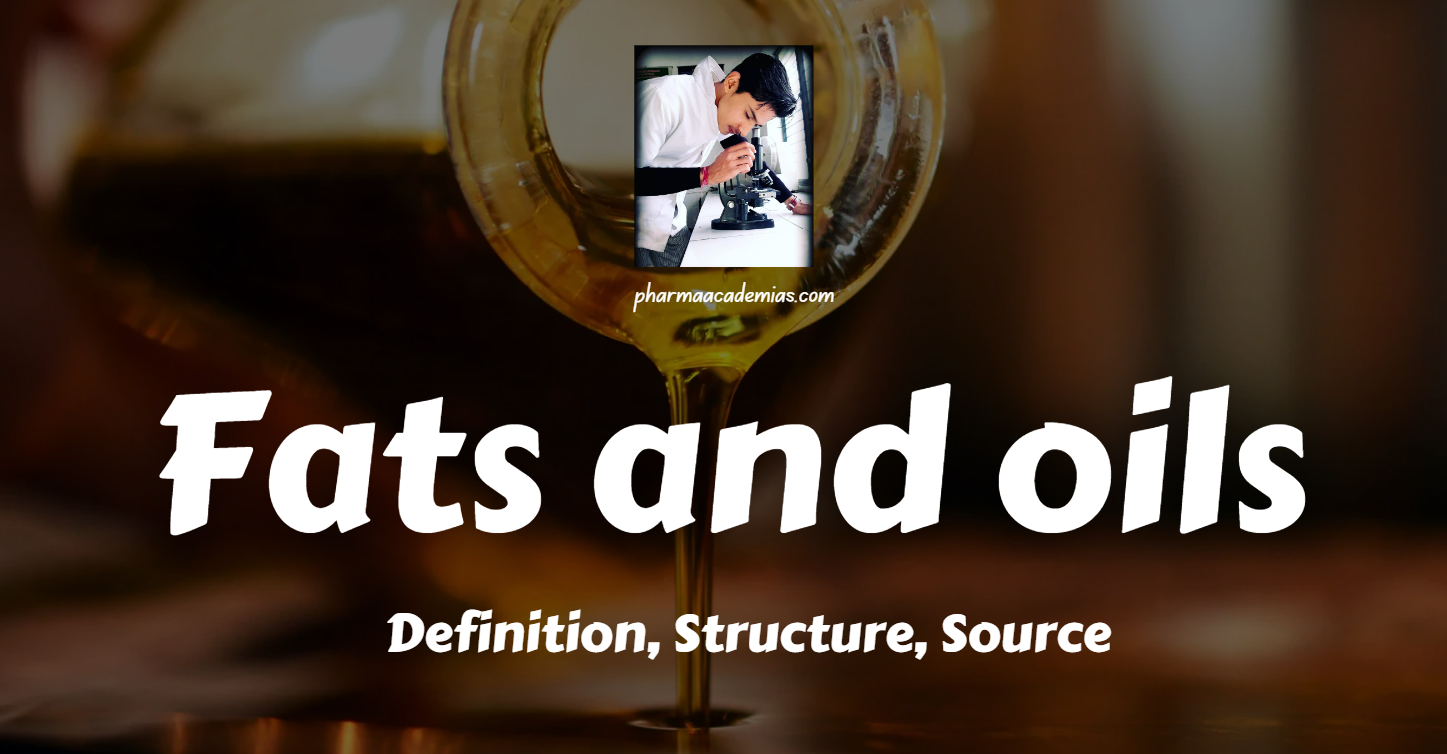Anthracene: Structure and medicinal uses
Structure of Anthracene Anthracene is a tricyclic aromatic hydrocarbon consisting of three fused benzene rings. Its molecular formula is C14H10, and the structure comprises three six-membered rings arranged linearly. Anthracene is planar and exhibits aromaticity due to the delocalized π electrons in the benzene rings. Medicinal Uses of Anthracene Anthracene, a polycyclic aromatic hydrocarbon (PAH), … Read more










